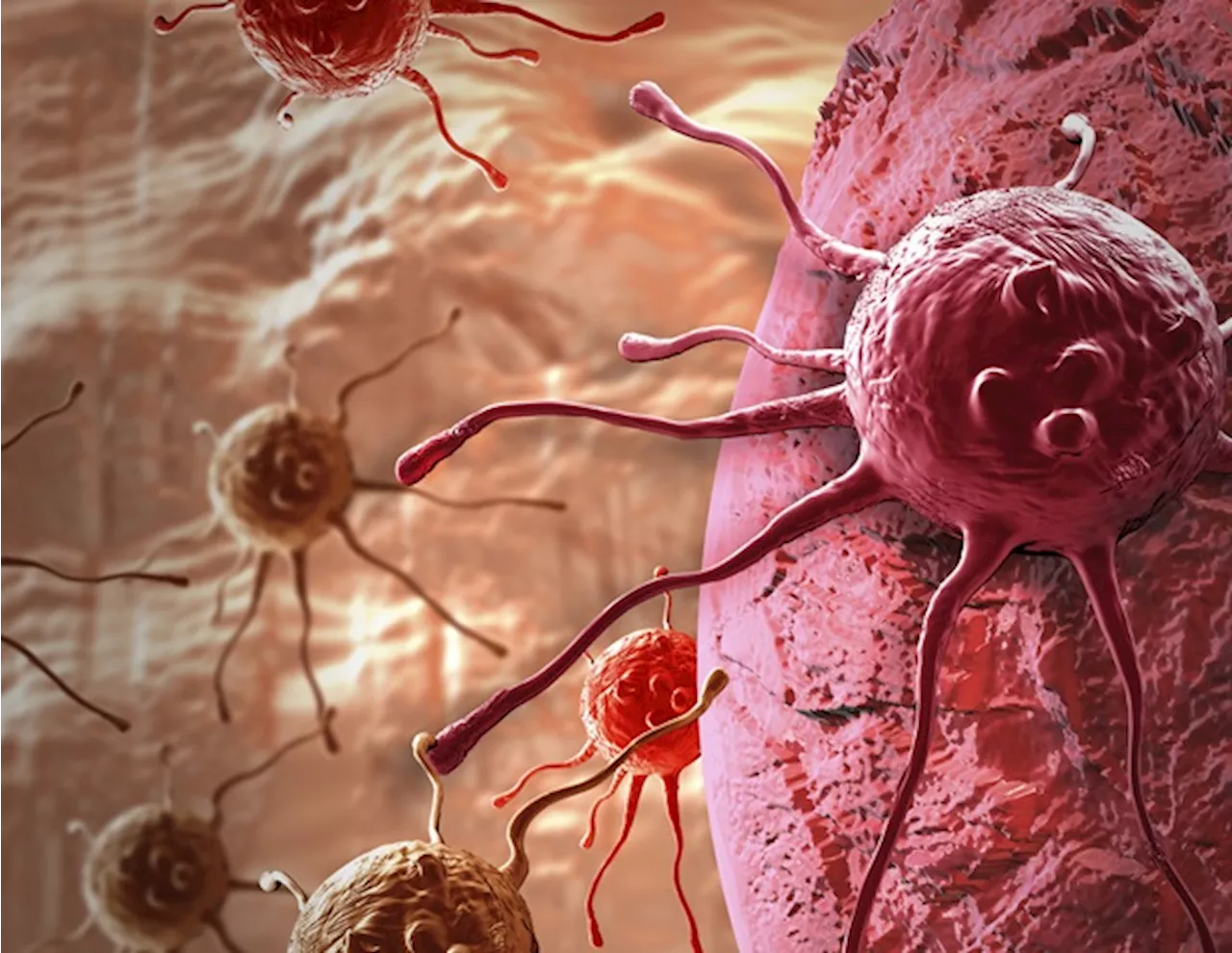UiB researchers are behind a new discovery that tells us how associated neurodegenerative diseases might develop.
University of BergenDec 23 2024 UiB researchers are behind a new discovery that tells us how associated neurodegenerative diseases might develop.
The fascinating thing about NAD is that the molecule is essential to life, as it plays critical roles in all cellular processes. Therefore, dysregulated NAD levels are involved in aging processes as well as many pathologies ranging from cancer to diabetes and neurodegenerative diseases. And the reason for this is that it holds a key position in both energy metabolism and the regulation of vital functions.
"Interestingly, during aging, our DNA may accumulate damage which, in turn, will increase the demand for NAD molecules. Indeed, we see that cellular NAD levels decrease as we age, and it is assumed that increased DNA repair activity is one of the main reasons for this decline" explains Ziegler. To answer these questions, Ziegler and his team developed models to study how cells react to reduced NAD levels as they occur during aging.
Employing gene-technological methods such as CRISPR-Cas9 genome editing they were able to establish the molecular mechanisms of how mitochondria counteract cellular NAD decline."The problem, however, arises when the mitochondria or their NAD store are affected or tapped over extended periods of time. This can have fatal consequences since the cells may no longer have sufficient NAD "battery capacity" to drive vital, energy-dependent processes", Professor Ziegler adds.
Indeed, initial clinical trials in Norway and internationally using therapeutic supplementation approaches aiming to increase NAD levels have provided encouraging results.
Adenine Biomedicine Cancer Cell Diabetes DNA Food Gene Metabolism Mitochondria Molecule Neurodegenerative Diseases Research
United Kingdom Latest News, United Kingdom Headlines
Similar News:You can also read news stories similar to this one that we have collected from other news sources.
 Accelerated aging linked to early-onset colorectal cancer, study showsNew research from Sylvester Comprehensive Cancer Center at the University of Miami Miller School of Medicine suggests that one's biological age, which can be higher than his or her chronological age – a concept called accelerated aging – may predict who's at risk for developing colon polyps, a known risk factor for colorectal cancer.
Accelerated aging linked to early-onset colorectal cancer, study showsNew research from Sylvester Comprehensive Cancer Center at the University of Miami Miller School of Medicine suggests that one's biological age, which can be higher than his or her chronological age – a concept called accelerated aging – may predict who's at risk for developing colon polyps, a known risk factor for colorectal cancer.
Read more »
 Facial Aging and Wrinkles May Signal Early Dementia Risks: New StudyA study from Chinese researchers indicates that wrinkles and facial aging could be early signs of cognitive decline and dementia. The research, published in Alzheimer’s Research and Therapy, suggests that people perceived as looking older than their actual age have a significantly higher risk of developing dementia and Alzheimer’s disease.
Facial Aging and Wrinkles May Signal Early Dementia Risks: New StudyA study from Chinese researchers indicates that wrinkles and facial aging could be early signs of cognitive decline and dementia. The research, published in Alzheimer’s Research and Therapy, suggests that people perceived as looking older than their actual age have a significantly higher risk of developing dementia and Alzheimer’s disease.
Read more »
 New study of monuments built by Scotland's first farmersSome of the stone structures found in Argyll, Highlands and the Western Isles could be 6,000 years old.
New study of monuments built by Scotland's first farmersSome of the stone structures found in Argyll, Highlands and the Western Isles could be 6,000 years old.
Read more »
 10-minute dad effect: university study uncovers surprising boost in kids' gradesDads can give their kids an educational advantage at primary school by reading, drawing and playing with them, according to a report
10-minute dad effect: university study uncovers surprising boost in kids' gradesDads can give their kids an educational advantage at primary school by reading, drawing and playing with them, according to a report
Read more »
 Reinstating masking curbs hospital viral outbreaks, study confirmsResearchers investigate how changes in hospital policies for SARS-CoV-2 testing and masking have influenced hospital-acquired respiratory viral infections.
Reinstating masking curbs hospital viral outbreaks, study confirmsResearchers investigate how changes in hospital policies for SARS-CoV-2 testing and masking have influenced hospital-acquired respiratory viral infections.
Read more »
 Ultra-processed foods increase active psoriasis risk, study showsThis study highlights a significant link between high ultra-processed food (UPF) consumption and active psoriasis, independent of BMI and other factors. The findings emphasize UPFs' contribution to proinflammatory pathways in individuals with this chronic skin condition.
Ultra-processed foods increase active psoriasis risk, study showsThis study highlights a significant link between high ultra-processed food (UPF) consumption and active psoriasis, independent of BMI and other factors. The findings emphasize UPFs' contribution to proinflammatory pathways in individuals with this chronic skin condition.
Read more »
